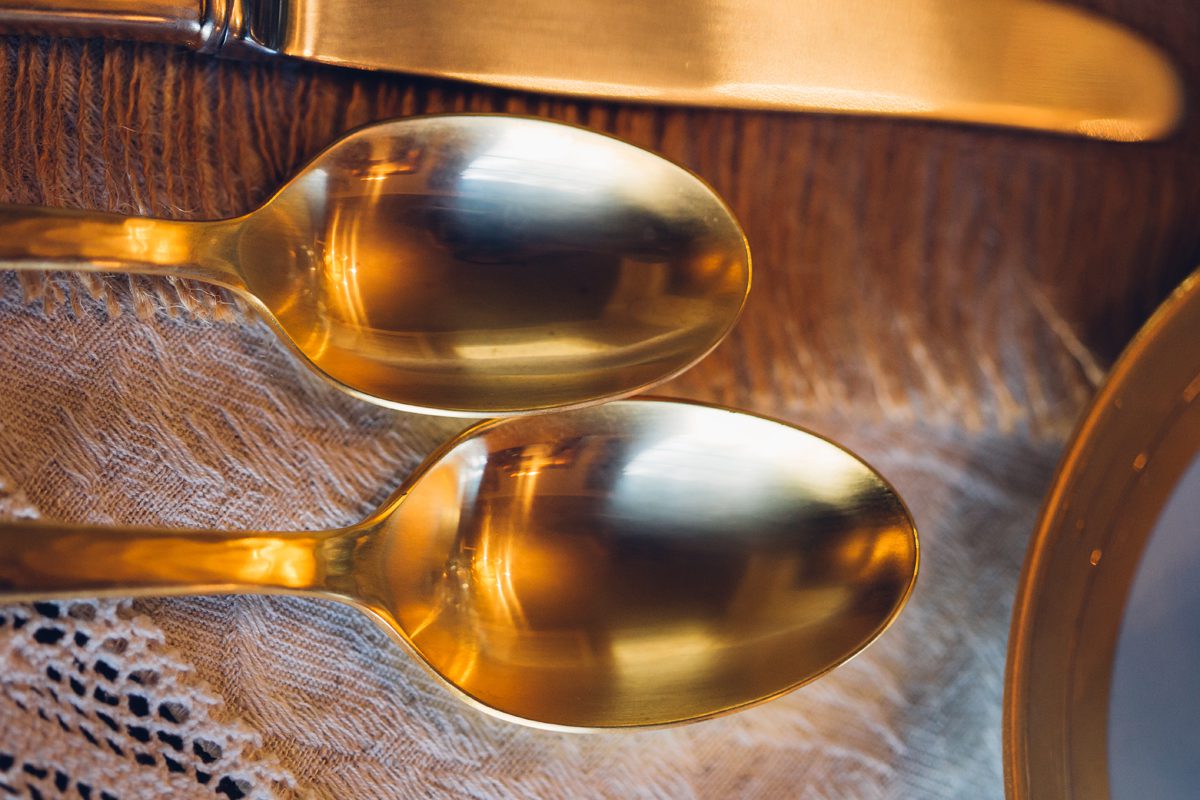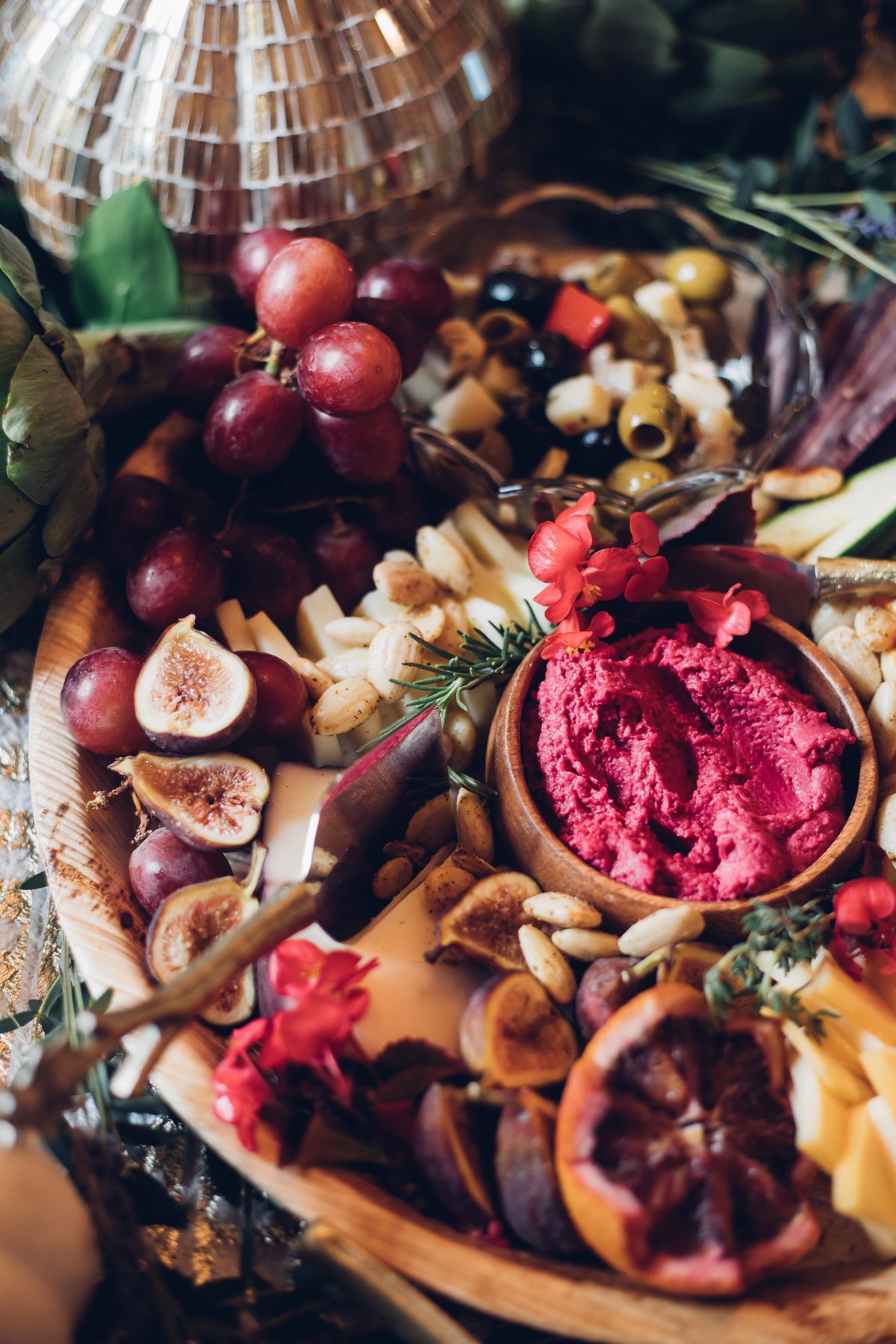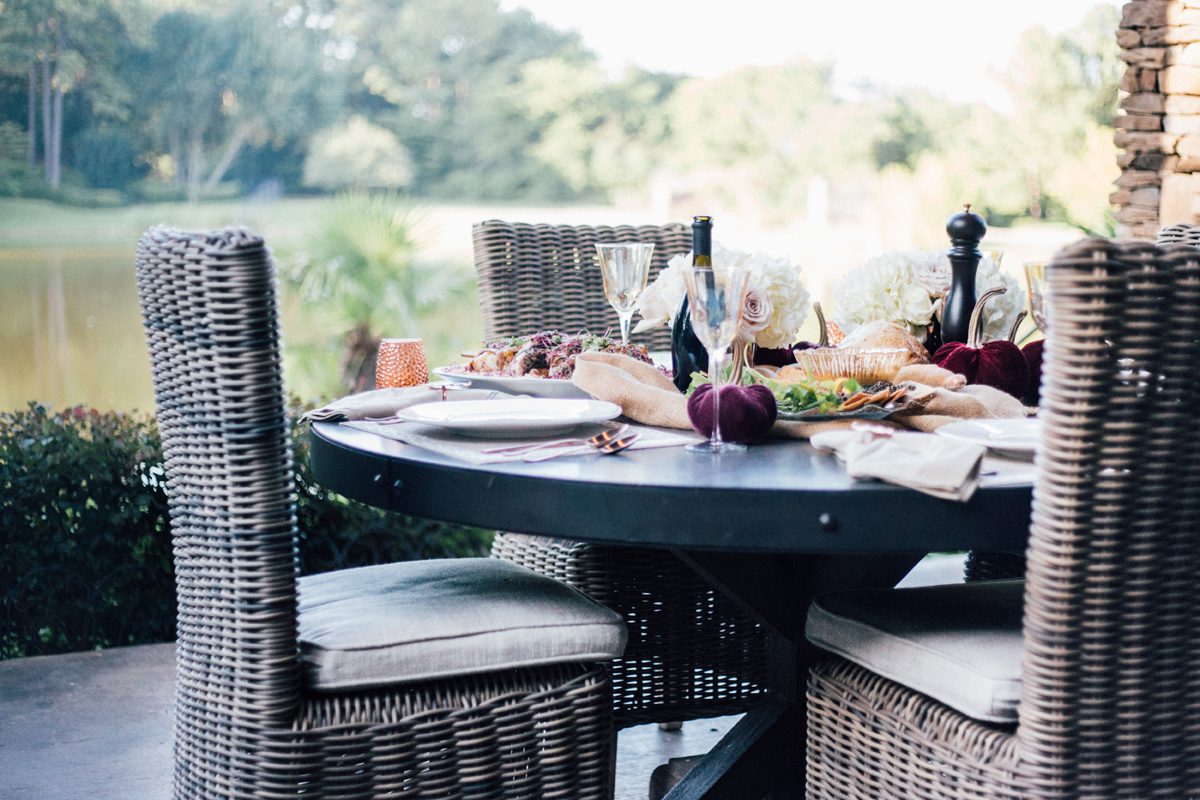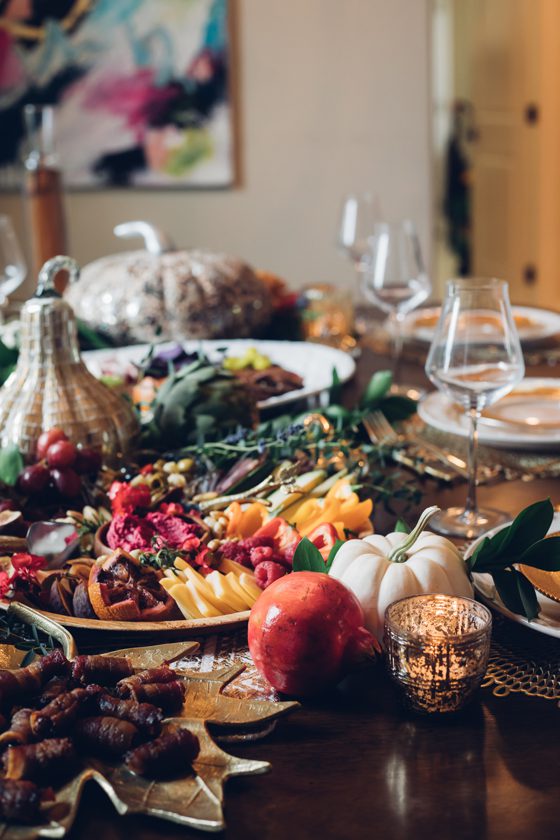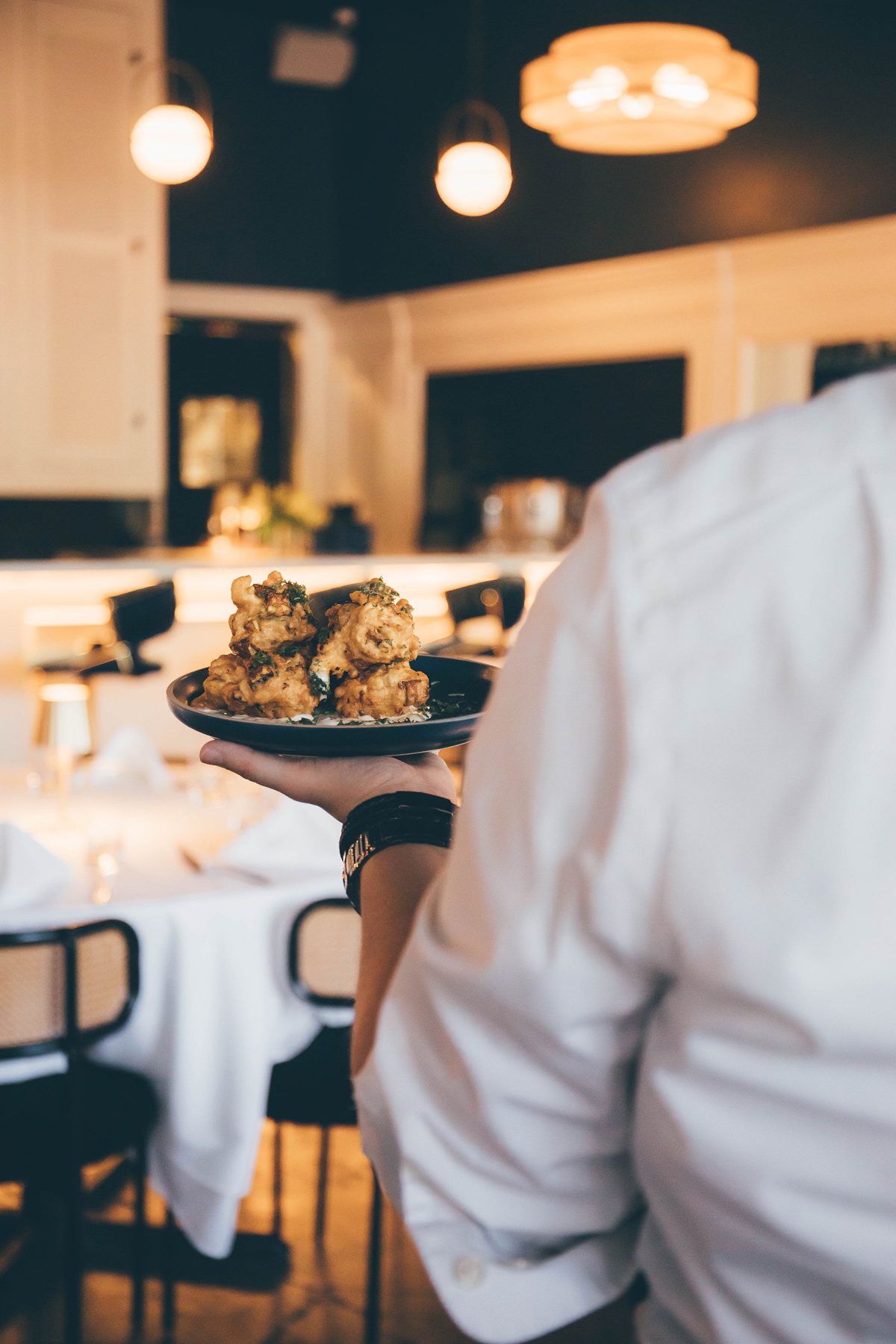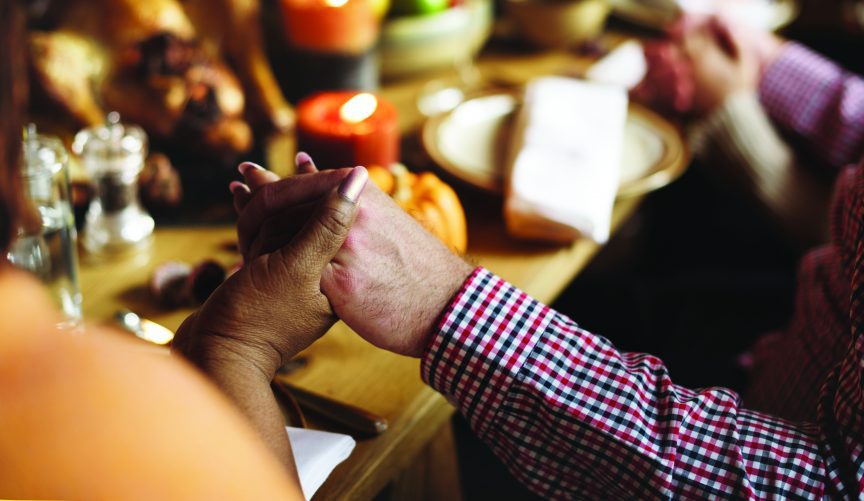Shortly after my husband and I returned to Shreveport following residency, we hosted Thanksgiving dinner at our home. After our family gathered around the dinner table for the feast, we took turns saying what we were most thankful for in the previous year. My father, a foreigner by birth but U.S. citizen since 1985, stood up and announced that Thanksgiving was his favorite holiday because, while surrounded by those he loves most, it provides a special opportunity to recognize that for which he is most grateful. And that makes him happy.
The more gratitude we have, the happier we will be. You may think of gratitude as a personality trait – you either are or are not grateful by your very nature. That is not necessarily true, though, and like most things, the more we practice gratitude, the better at it we become and the more positive effect it will have in our lives.
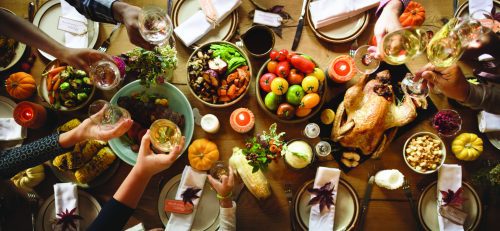

The science behind a gratitude practice is encouraging. The emotions associated with gratitude induce the relaxation response, which is the response counter to the stress response. Gratitude makes us more optimistic. A regular gratitude practice has been shown to improve emotional well-being, make us more social, and deepen our relationships. A gratitude practice can increase energy, decrease blood pressure, reduce symptoms of depression, improve sleep, and reduce pain. Gratitude makes us more resilient.
Gratitude can be practiced in a number of ways. Pause throughout the day to reflect on the things you have in that moment for which you are grateful. Consider setting an alert on your smartphone to remind you to do this twice a day – it only takes a few seconds. It is easy to be grateful for the big things in life, but recognizing the smaller gifts is just as important. Practice mindfulness throughout the day — paying attention, on purpose, non-judgmentally, and in the present moment. Pause before eating to recognize the good fortune of having a meal. Write thank you notes, a lost art that is as important and therapeutic to the person writing the note as it is to the person receiving it. Leave positive reviews for services with which you have been pleased. Volunteer your time. Keep a gratitude journal. Gratitude journals can be purchased at any bookstore, but you really need only a blank book in which to write. Every morning or evening, write down 3 things about your day for which you are grateful. They say it takes two months to form a habit. Why not give gratitude a chance to take hold?
The upcoming holidays are a great time to start a gratitude practice. The Thanksgiving tradition of counting our blessings is important throughout the year, not just on the fourth Thursday of November. As Margaret Cousins said, “Appreciation can make a day, even change a life. Your willingness to put it into words is all that is necessary.”
Dr. Nicole M. Cotter is a medical doctor dual-boarded in and practicing Rheumatology and Integrative Medicine. She is the owner of Nicole Cotter MD, an integrative consultative practice where she partners with patients to create personalized health plans that integrate complementary medicine with conventional to care for the whole person.


